There is a huge variety of home styles available for property buyers in France. They range from the more universal styles, such as apartments and townhouses, to the quintessentially French styles, like longères and Maison de Maitres. Here, we outline each property type in France, where they can be found and how much each type of house will set you back in France.
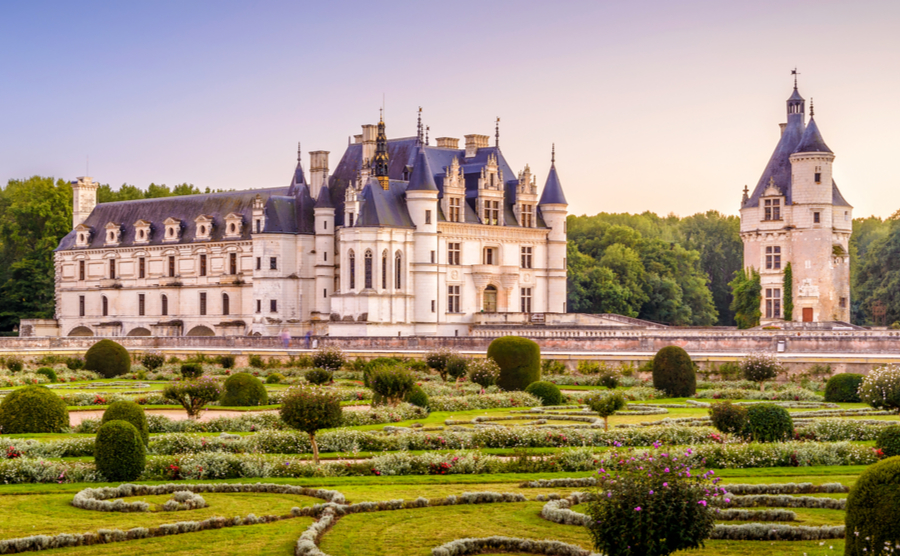
Chateau de Chenonceau, Loire Valley
Chateau: A manor house or country house of nobility or gentry
Pronounced: Sha-toe
In times gone by, chateaux across France belonged to Lords and Ladies of noble birth. The gentry, as they are more commonly known, don’t always live in such grand homes these days. There are many chateaux for sale across France – some split into flats or apartments, while others remain one home, with plenty of room for guests.
Language tip: le chateau = singular / les chateaux = plural
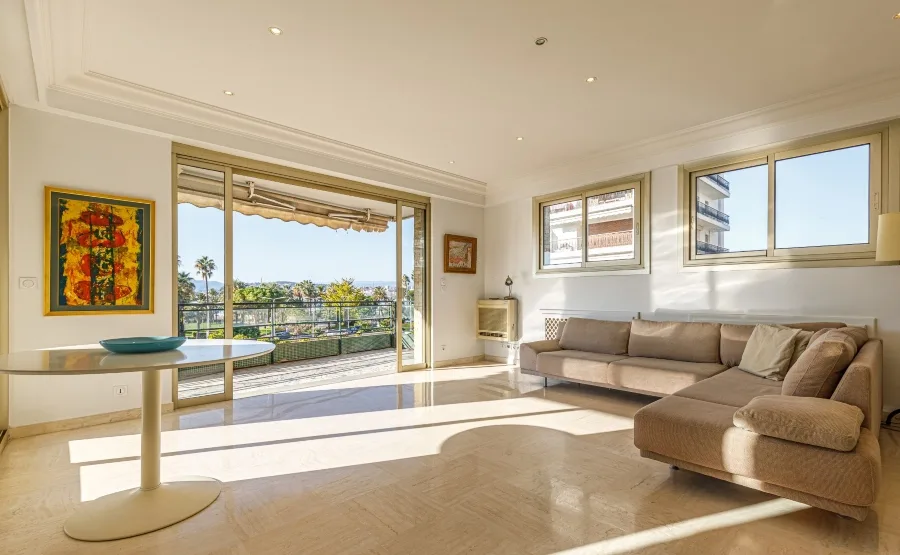
Ultra-modern Cannes apartment with magnificent views
Apartment: Property in a shared building, usually across one floor
Pronounced: ah-par-tuh-mon
Apartments in France are hugely popular. They often come at a lower price point to resale and new properties as they often have a smaller surface area. Apartments in France aren’t limited to a specific area or region.
Apartments in France are typically more expensive in larger cities, like Paris, Lille, Bayonne and Bordeaux, whereas you’ll find more affordable options in Limoges, Poitiers, Mulhouse and other rural areas. Apartments in France can cost as little as €100,000, whereas more luxurious apartments and penthouses can cost well into the millions.
Browse apartments in France today

Contemporary villa on the French Riviera
Villas: Detached property, often with a private pool in a coastal location
Pronounced: veal-ah
Villas in France are a modern style of property, often found in coastal areas where the buyer can enjoy sea views and, sometimes, a private pool. Villas are often smaller in plot, but can usually be found in highly desirable neighbourhoods and departments such as the French Riviera (PACA) and Occitaine.
Villas in France have an average starting price of €200,000. Browse more villas in France
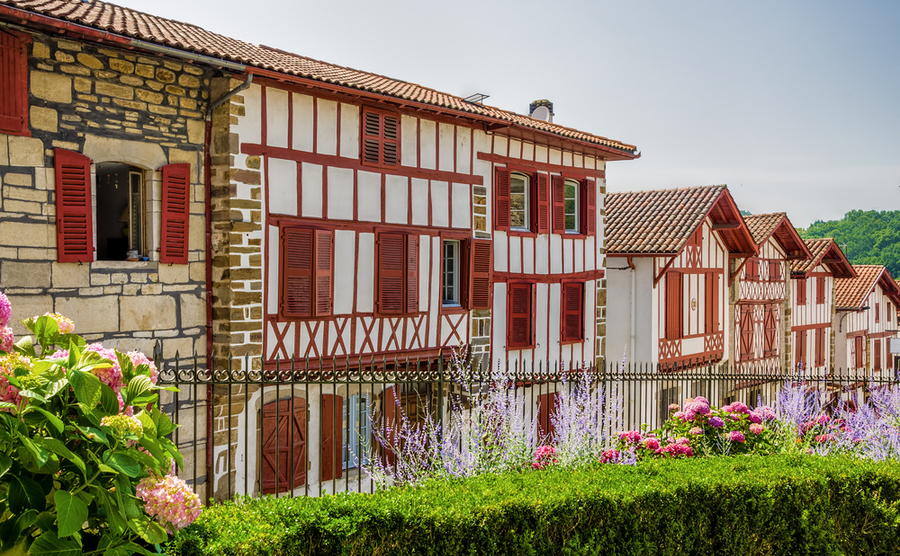
La Bastide Clairence
Find homes in France via our property portal.
Bastide: a farmhouse or country house in the south of France
Pronounced: ba-steed
Bastide is a word for a country home or farmhouse, usually in the south of France, in the countryside. It can be used to describe a small, fortified town, usually built in the medieval period. Examples of bastide towns in the south of France include Monglanquin, Najac, Beaumont-du-Périgord, Monpazier and so on. Read more about bastide towns in France here.
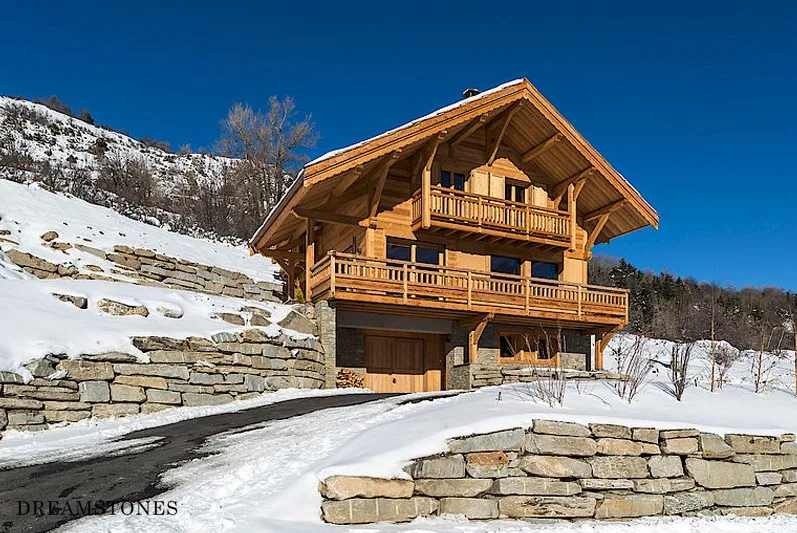
The chalets at Samoens
Chalet: a wooden house with overhanging eaves, typical of Alpine Europe
Pronounced: sha-lay
A chalet is considered a house made of wood with a gently sloping roof and wide eaves, designed to withhold heavy mounds of snow. Unsurprisingly, chalets are often found in the Alpine regions of France and sometimes in forests, where winters are particularly tough or cold. Alpine properties in France typically start around €400,000 and can increase from there as size and the number of bedrooms increases.
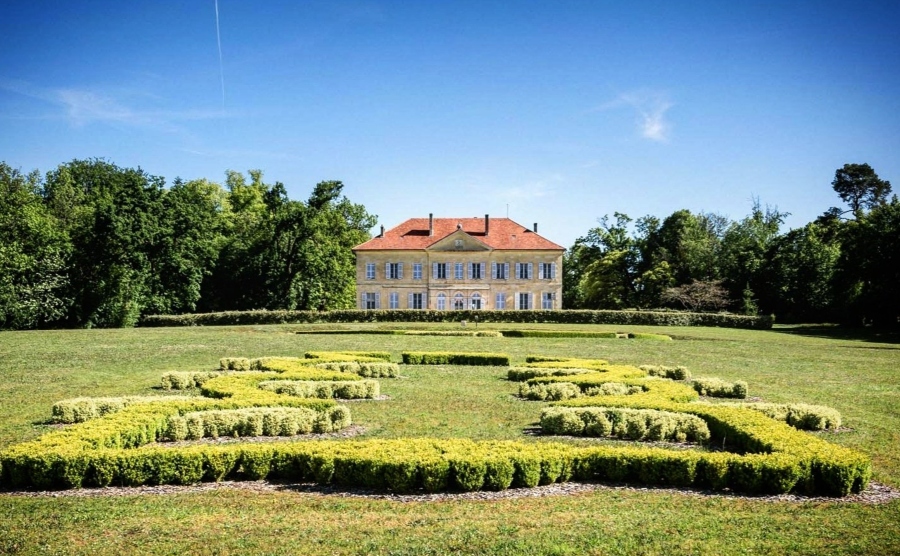
Chateau for sale in Périgueux, Aquitaine
Maison de maître: A mansion
Pronounced: May-sone duh may-tra
A maison de maître is a home, exclusive to Europe, that can be traced back to Ancient Roman times. It translates as Masters’ House and is usually a bourgeois mansion with an elegant, symmetrical design. These types of houses were often owned by the town or village nobles – perhaps a doctor or solicitor with accolades. There are many period maisons du maîtres available in France at a range of different price points. Most come with lots of land and benefit from the most beautiful country landscapes in all of France.
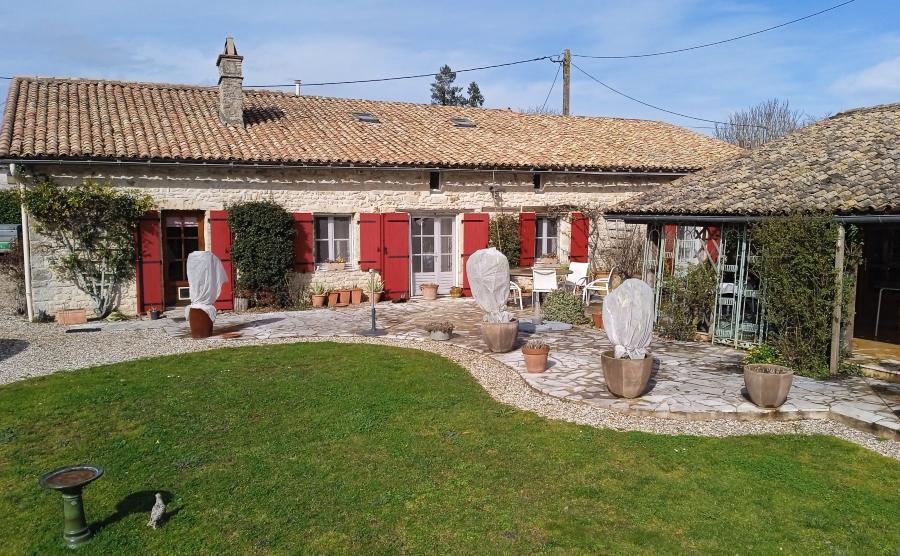
Longère for sale in Poitou-Charentes
Longère
Pronounced: Lon-jaire
The longère is another kind of rural property, similar to longhouses in southwest England. Normally rectangular, a longère is usually built with materials from the region and often just a one-storey dwelling, with perhaps an attic. Longères are typically priced between €120,000-€300,000.
Pavillion
Pronounced: Pav-eel-on
A pavilion will usually be a more modern detached house, with a cellar and garage on the ground floor. This is the most common type of property in most areas of France. You will equally find that bungalows in the north of France for the most part are also called pavillons.
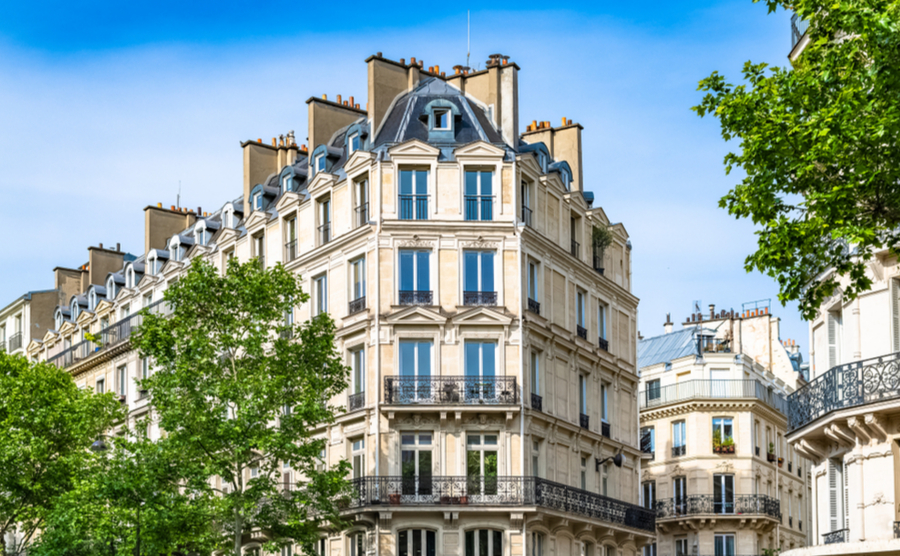
Classic Haussmann architecture in Paris
Haussmann
Pronounced: Hos-mon
Haussmann-style architecture is synonymous with modern-day Paris and Montpelier. They were designed by 19th-century official, Baron Georges-Eugène Haussmann, who revamped the city in a vast project that remodelled over 12,000 structures to match his refined design. Today, this style of architecture accounts for 60% of Parisian homes. The characteristics of Haussmann structures vary, but often are between 12 and 20 metres, have no more than six stories and initially, stairs were the only means of access, however, some have had lifts fitted since.
Villa d’architecte
Pronounced: veel-a d’ark-ee-teckt
This is an ‘architect-designed’ modern property. They will generally have been built in the last 50 years or so, varying in design from one-storey houses to more extensive properties. The style will generally resemble that of older properties of the region. For example, there are several villas in the Languedoc-Roussillon of this type with the typical “languedocienne” roof of curved slates in earthy colours.










